RHEOMETERS
MAKE DINESH SCIENTIFIC
DESCRIPTION:
A rheometer is a precision instrument used to measure the flow and deformation behavior of materials, particularly liquids and semi-solids, under various conditions. It evaluates properties such as viscosity, shear stress, and shear rate to characterize how a material responds to different forces and deformation rates.
Rheometers come in several types, including rotational, capillary, and oscillatory rheometers. Rotational rheometers measure viscosity by rotating a spindle in the sample and observing the resistance. Capillary rheometers force the sample through a narrow tube to assess flow characteristics. Oscillatory rheometers apply a sinusoidal shear stress to determine the material’s viscoelastic properties.
These instruments are crucial in industries such as pharmaceuticals, food and beverages, polymers, and cosmetics, where precise control of texture, consistency, and flow behavior is essential. Rheometers are equipped with advanced features like temperature control, shear rate adjustment, and automated data analysis, ensuring accurate and reliable measurements.
FETURES: –
- Measurement Range: Ability to measure a wide range of viscosities, from very low to very high, depending on the type of rheometer.
- Temperature Control: Integrated heating and cooling systems to maintain sample temperature and ensure accurate measurements under various thermal conditions.
- Shear Rate Control: Adjustable shear rate settings to test materials under different flow conditions and deformation rates.
- Viscoelastic Testing: Capable of performing oscillatory tests to determine both viscous and elastic properties of materials.
- Automatic Data Analysis: Advanced software for real-time data collection, processing, and analysis, providing detailed rheological profiles and interpretations.
- Precision and Sensitivity: High-resolution sensors and measurement systems to ensure accurate and reliable results.
- Sample Handling: Versatile sample containers and accessories that accommodate various types of materials, including liquids, pastes, and semi-solids.
- User Interface: Intuitive and user-friendly interfaces with graphical displays and easy-to-navigate menus for configuring tests and viewing results.
- Data Storage and Export: Capabilities to store large datasets and export results in various formats for further analysis or reporting.
- Calibration and Validation: Features for self-calibration and validation to ensure instrument accuracy and consistency over time.
- Modular Design: Interchangeable components and accessories that allow customization based on specific testing needs and material types.
- Compatibility: Integration with external devices and software for enhanced functionality and connectivity.
TECHNICAL DETAILS:
| Model | DS-905 |
| Transducer | Force |
| Minimum Torque in Oscillation | 0.05 pN·m |
| Minimum Torque in Steady Shear | 0.1 pN·m |
| Maximum Torque | 200 mN·m |
| Torque Resolution | 1 nN·m |
| Normal/Axial Force Range | 0.001 to 20 N |
| Motor | Brushless DC |
| Motor Bearings | Jeweled Air |
| Strain Resolution | 0.04 µrad |
| Minimum Angular Displacement in Oscillation | 1 µrad |
| Maximum Angular Displacement in Steady Shear | Unlimited |
| Angular Velocity Range | 1 x 10⁴ rad/s to 300 rad/s |
| Angular Frequency Range | 1 x 10⁷ to 628 rad/s |
| Step Change in Velocity | 5 ms |
| Step Change in Strain | 10 ms |
| Temperature Systems | |
| – Smart Swap Force Convection Oven | Standard: -150 to 600°C; Optional: -40 to 180°C |
| – Sealed Bath | -10 to 150°C |
| FCO Camera Viewer | Yes |
| Peltier Plate | Yes |



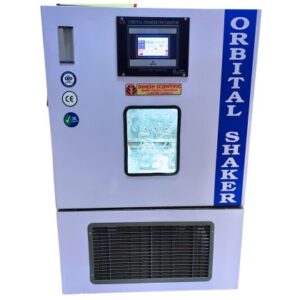
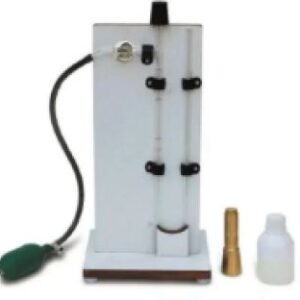
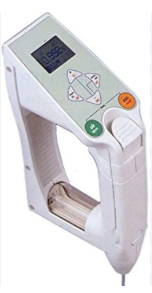
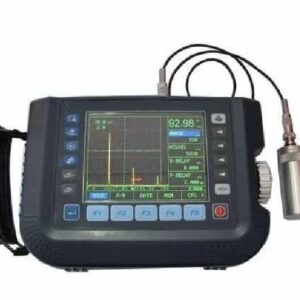




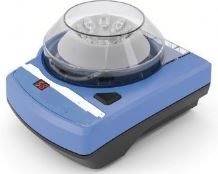
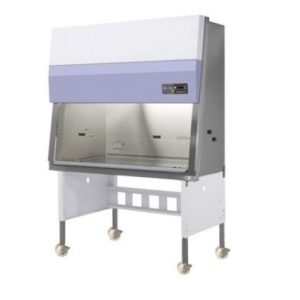

Reviews
There are no reviews yet.